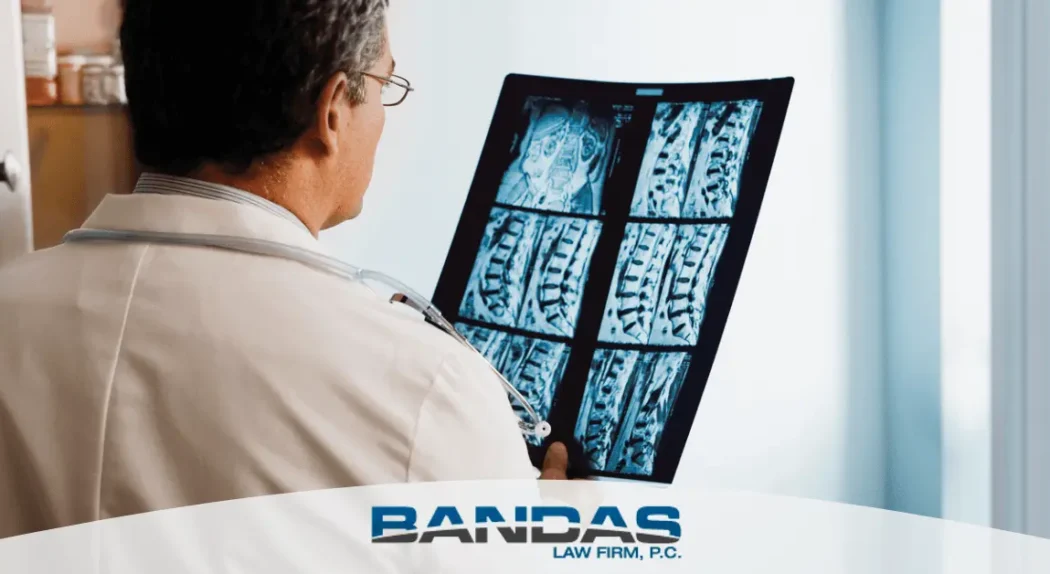Blog
Why Recovering From a Spinal Cord Injury is so Difficult

The Prognosis of a Spinal Cord Injury
The central nervous system is comprised of two parts of the body: the brain and spinal cord. Your brain controls things like your body movements, senses, and thoughts — and the spinal cord ties together the communication between your body and your brain. When a spinal cord injury occurs, communication is disrupted between the brain and other parts of the body. While most organs and tissues in the body can recover from an injury, spinal cord damage is permanent. Here’s what you need to know.
How Spinal Cord Injuries Happen
According to the U.S. National Library of Medicine, motor vehicle accidents are the top cause of spinal cord injuries followed by fall accidents and motorcycle crashes. Depending on the severity of the spinal cord damage and where the damage is located, a person can face life-long challenges such as:
- Respiratory issues
- Cardiovascular problems
- Urinary and bowel control complications
- Chronic pain
- Muscle spasms
- Osteoporosis
- Pressure ulcers
- Bone fractures
- Loss of feeling and sensation
In addition to the above, one of the most devastating consequences of a spinal cord injury is paralysis. Read on to learn more.
Spinal Cord Injuries and Paralysis
Even though spinal cord damage isn’t reversible, some therapies and treatments can help alleviate symptoms and improve mobility and other body functions. In mild cases, most people can go back to normal activities with minor hindrances. However, in the most severe cases, recovery is highly unlikely, and paralysis could result. The following are the two types of paralysis that someone may experience after a spinal cord injury:
- Complete paralysis means that a person cannot control movement and has lost all feeling in the body.
- Incomplete paralysis means that a person may have some feeling and control or motor and sensory function. This is sometimes called paresis.
Paralysis is also categorized as the following relating to affected areas of the body:
- Tetraplegia refers to paralyzation in the arms, hands, trunk, legs, or pelvic organs.
- Paraplegia refers to paralyzation in part of the trunk, legs, and pelvic organs.
Suffered a Spinal Cord Injury? We Can Help.
Sustaining a spinal cord injury is a devastating and overwhelming experience. If you or a loved one has suffered spinal cord damage due to another’s negligence, you may be eligible to receive compensation. Let us help recover the money you deserve.
Spinal cord injury cases are complex. However, our experienced personal injury lawyers understand how to overcome the most difficult challenges in dealing with insurance companies and their tactics to deny claims or dole out low-ball settlements. We’ll fight back to hold negligent parties accountable for their actions and secure your future care.
Contact Bandas Law Firm, P.C. today at (361) 238-2789 to learn how we can assist you.
contact us
Request A Free Consultation
Fields marked with an * are required
